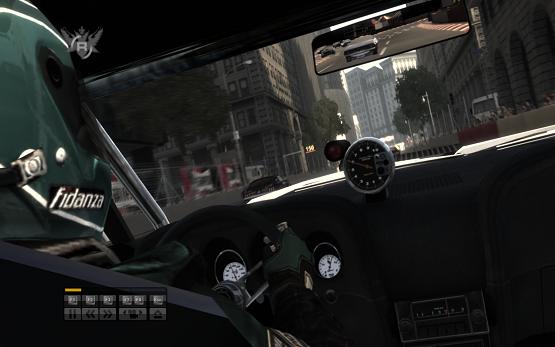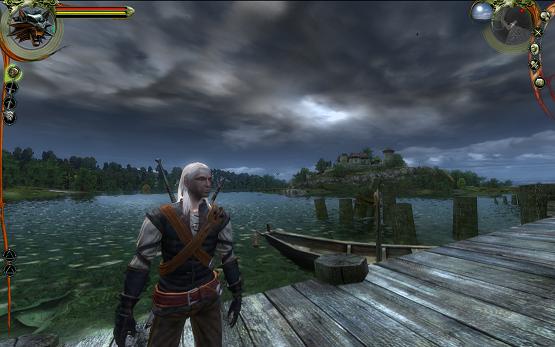A long time ago, while I was working as a stringer for The New Straits Times during my summer holidays, I got into a heated discussion with a couple of my colleagues on whether or not the press should be objective and neutral. My position was, and continues to be, that newspapers always have a position and it should be explicit. Their position was that journalists should be objective and unbiased, reporting only facts and refraining from passing judgment.
This article published in The Economist makes a good case for why news outlets even in a free market are biased. It explains that what people really want aren’t objective, neutral newspapers, even if that is what they say that they want, but instead ones that reflect their own dispositions. According to the study cited by the article, analysis of the media in the U.S. indicates that even different ownership has next to no effect on the overall bias on the press. What does matter is what the targeted market wants.
As the article notes, ultimately the truth lies somewhere in between all these different points of view, and anyone seriously interested in the news should get it from a variety of sources. But allowing those different points of view to be represented is far better than trying to stick to some muddy standard of objectivity that fails to sufficiently inform the reader for fear of passing judgment, whether good or bad.



